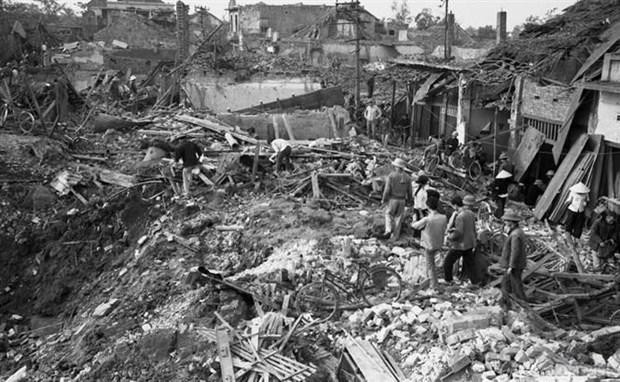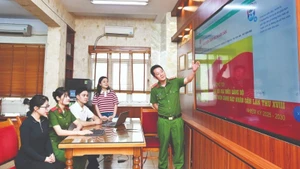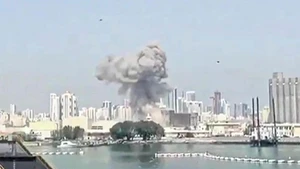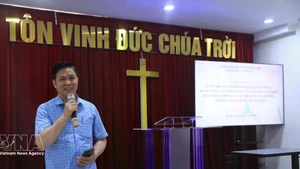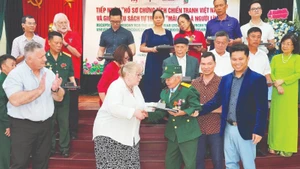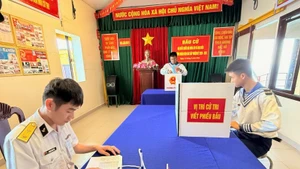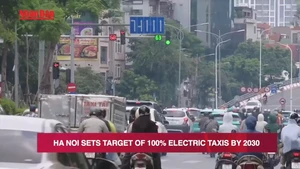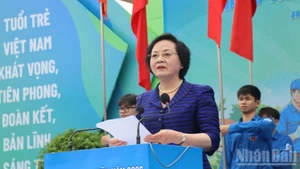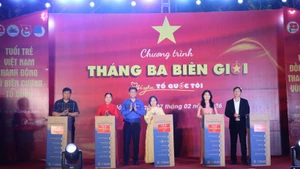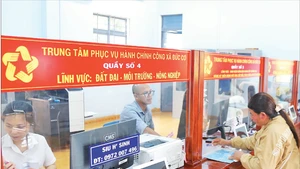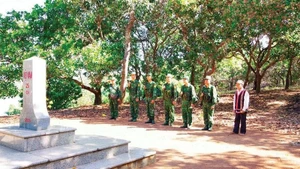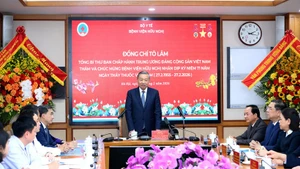In a recent interview granted to the Vietnam News Agency, he said the airstrikes, known as the “Linebacker II", was the largest bombing campaign of the US air force after World War II, but it failed completely.
By 1968 or even earlier, the US had realised that they could not win the Vietnam War, but Washington still did not give up because it feared losing its credibility during the Cold War.
By 1972, movements calling for peace in the US as well as other countries were increasingly influential. However, negotiations dragged on for years because the US administration prioritised war over peaceful measures.
The expert said after the war, Vietnam and the US rebuilt their relationship and the US learned many lessons from the mistakes in the campaign.
During the 12 days and nights of fierce fights in Hanoi in late December 1972 against the US air force, the Vietnamese army and people defeated US airstrikes in the North, shooting down 81 aircraft of all kinds, including 34 B-52s, forcing the US to sign the Paris Agreement on ending the war and restoring peace in Vietnam in January 1973.
Wells-Dang has lived in Vietnam for 20 years. He worked with a group of experts on Asia at the USIP to build projects to overcome post-war consequences in Vietnam, holding seminars on war legacy, contributing to boosting the US -Vietnam relationship.
